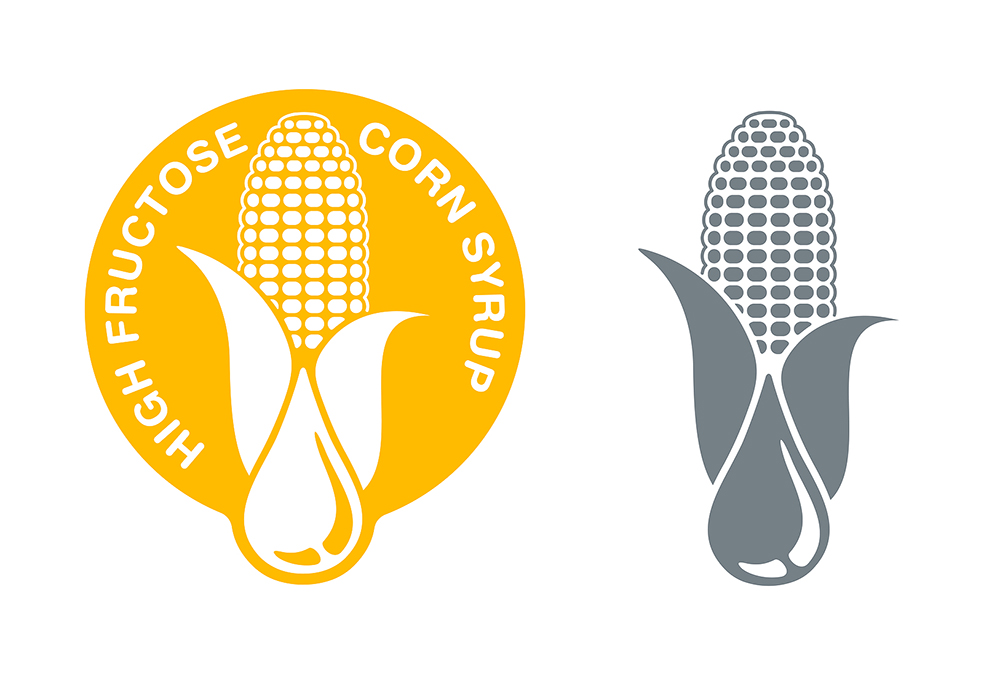 One of the surest ways to improve the taste and thereby the popularity of food is to make it sweeter.
One of the surest ways to improve the taste and thereby the popularity of food is to make it sweeter.
But according to a study presented at ENDO 2022, the annual meeting of the Endocrine Society, not all sweets are made the same when it comes to NAFLD.
In fact, there is one type of sweetener you absolutely must avoid if you’re at risk or suffer from NAFLD.
High fructose corn syrup is one of the cheapest ways of sweetening food. It is a sweetener made from corn starch.
What makes it dangerous is that it contains both fructose and glucose. Glucose is absorbed by almost all cells in our bodies with the help of insulin. Fructose goes straight to our livers and is processed there.
As a result, it can cause diabetes, but the authors of this study wondered whether a high amount of fructose could overwhelm our livers’ ability to process it. Obviously, if our livers cannot break it down and send it elsewhere for storage, then it will stick in our livers and gradually destroy healthy liver cells. This is called nonalcoholic fatty liver disease (NAFLD).
To investigate this, they mined data from the National Health and Nutrition Examination Survey from 2017–2018.
For this large population survey, NAFLD was diagnosed via tissue scans. The researchers identified the subjects’ intake of fructose from the records they kept of their own food and beverage consumption.
What did they find after processing the data?
-
1. People who consumed high amounts of fructose were more likely to develop NAFLD than people who consumed little of it.
2. Mexican Americans consumed the most fructose (48% of them), followed by non-Hispanic Black Americans (44 percent). Thirty three percent of non-Hispanic whites consumed it.
3. An incredible 70% of Mexican Americans who consumed a lot of fructose tested positive for NAFLD, proving that the liver damage in high consumers is beyond doubt.
Fructose is a natural sugar that occurs in fruit. It is not unhealthy if it is consumed with the fiber present in fruit. But it becomes unhealthy when in syrup form without any fiber, such as in high fructose corn syrup.

 Overcoming IBD
Overcoming IBD Multiple Sclerosis
Multiple Sclerosis Banishing Bronchitis
Banishing Bronchitis Gum Disease Gone
Gum Disease Gone Overcoming Onychomycosis
Overcoming Onychomycosis Neuropathy No More
Neuropathy No More The Prostate Protocol
The Prostate Protocol Brain Booster
Brain Booster
 Ironbound
Ironbound
 Solution for Shingles
Solution for Shingles
 The Bone Density Solution
The Bone Density Solution
 The Ultimate Healing Protocol
The Ultimate Healing Protocol
 The Parkinson's Protocol
The Parkinson's Protocol
 The Chronic Kidney Disease Solution
The Chronic Kidney Disease Solution
 Overthrowing Anxiety
Overthrowing Anxiety The Fatty Liver Solution
The Fatty Liver Solution The Hypothyroidism Solution
The Hypothyroidism Solution
 The End of Gout
The End of Gout The Blood Pressure Program
The Blood Pressure Program
 The Oxigized Cholesterol Strategy
The Oxigized Cholesterol Strategy
 Stop Snoring And Sleep Apnea Program
Stop Snoring And Sleep Apnea Program
 The Arthritis Strategy
The Arthritis Strategy The Vertigo & Dizziness Program
The Vertigo & Dizziness Program The 3-Step Diabetes Strategy
The 3-Step Diabetes Strategy Hemorrhoids Healing Protocol
Hemorrhoids Healing Protocol The Erectile Dysfunction Master
The Erectile Dysfunction Master Weight Loss Breeze
Weight Loss Breeze The IBS Program
The IBS Program The Insomnia Program
The Insomnia Program The Migraine and Headache Program
The Migraine and Headache Program The Neck Pain Solution
The Neck Pain Solution The Menopause Solution
The Menopause Solution The Ejaculation Master
The Ejaculation Master The TMJ Solution
The TMJ Solution The Acid Reflux Solution
The Acid Reflux Solution The Fibromyalgia Solution
The Fibromyalgia Solution The Psoriasis Strategy
The Psoriasis Strategy